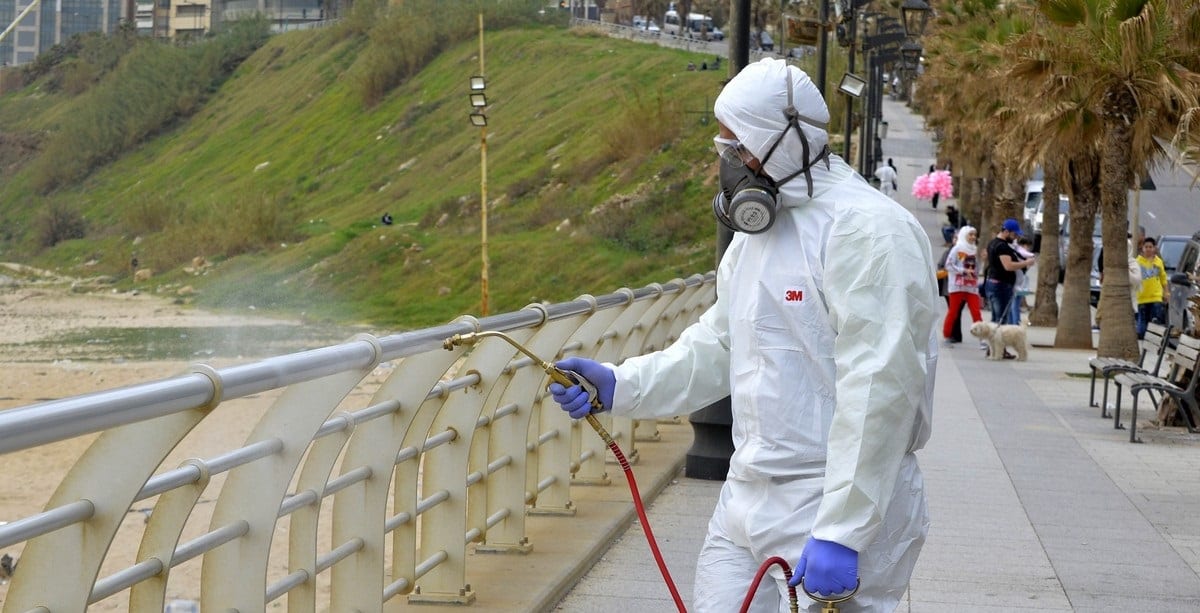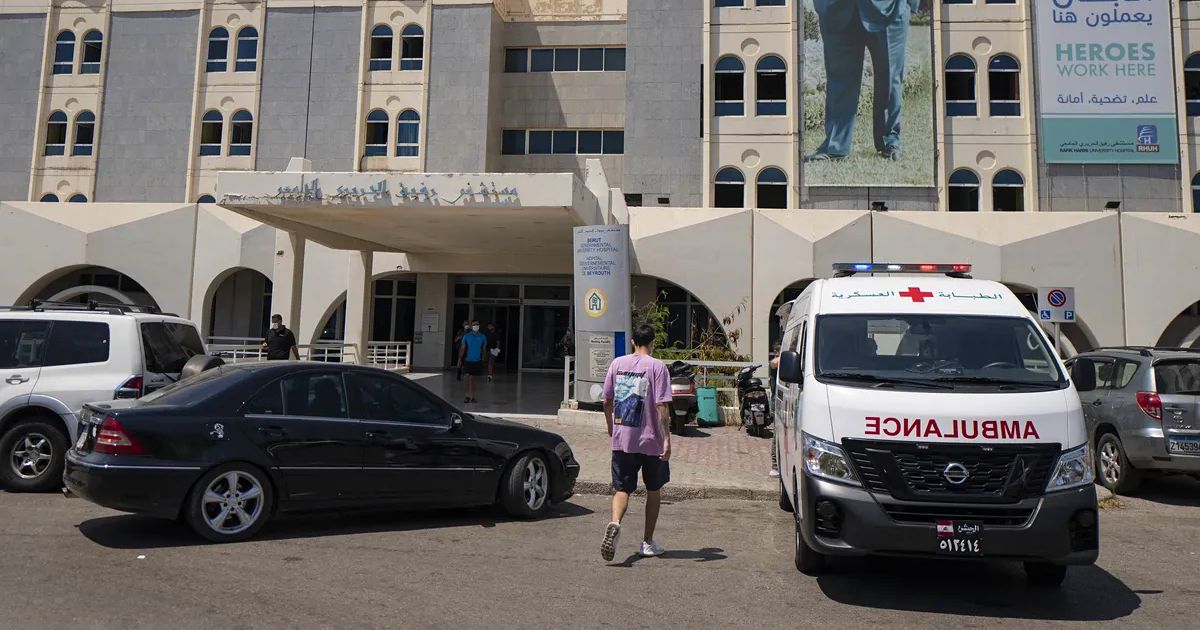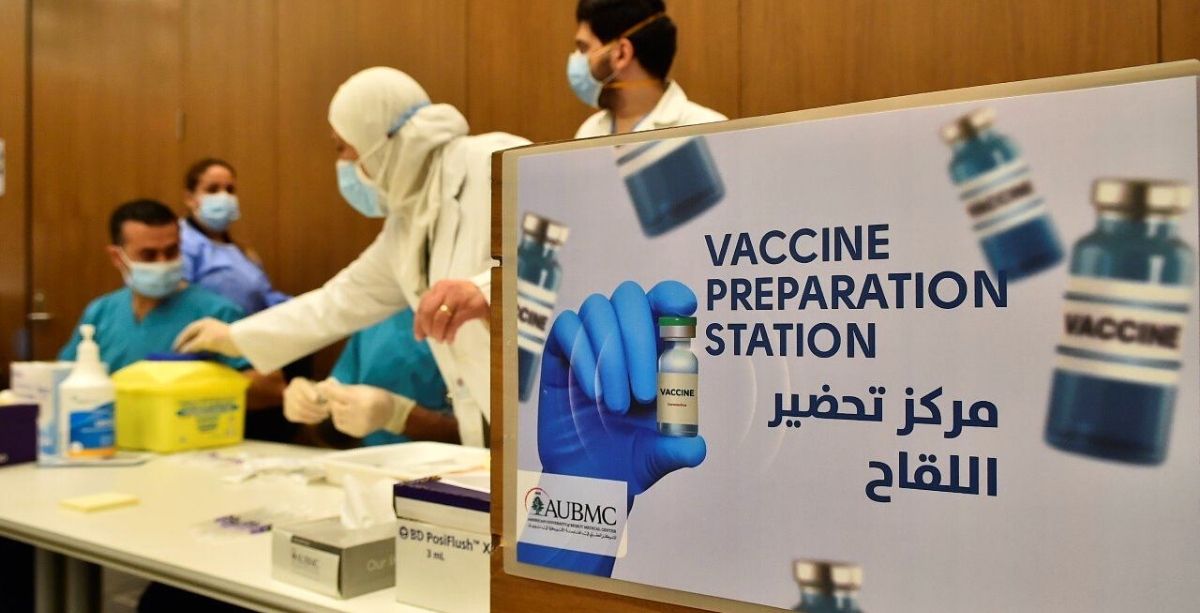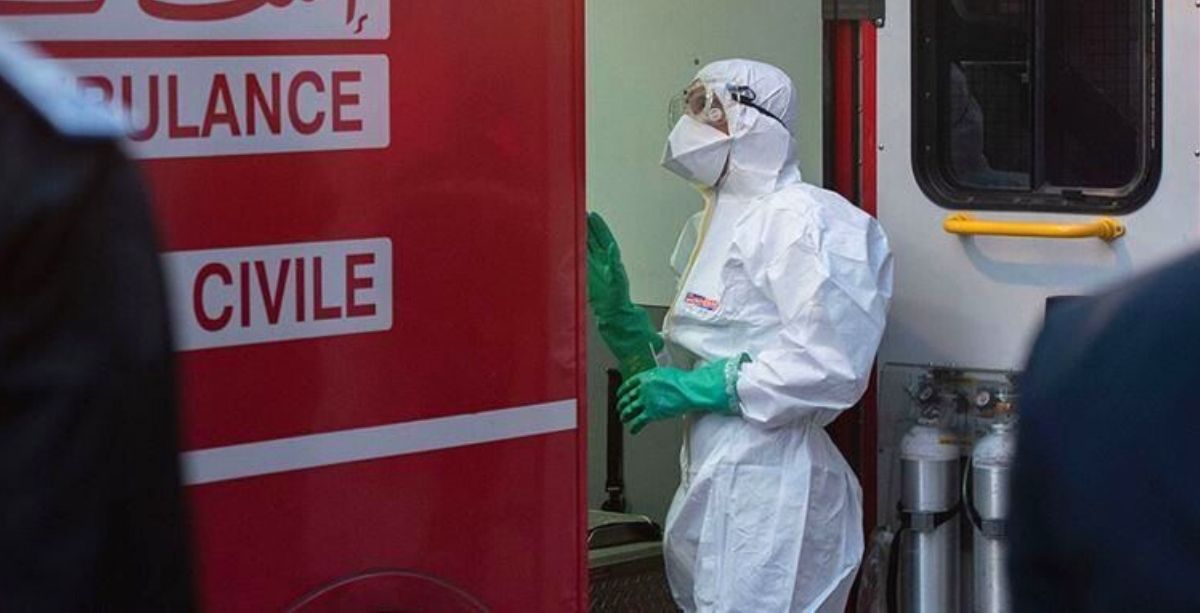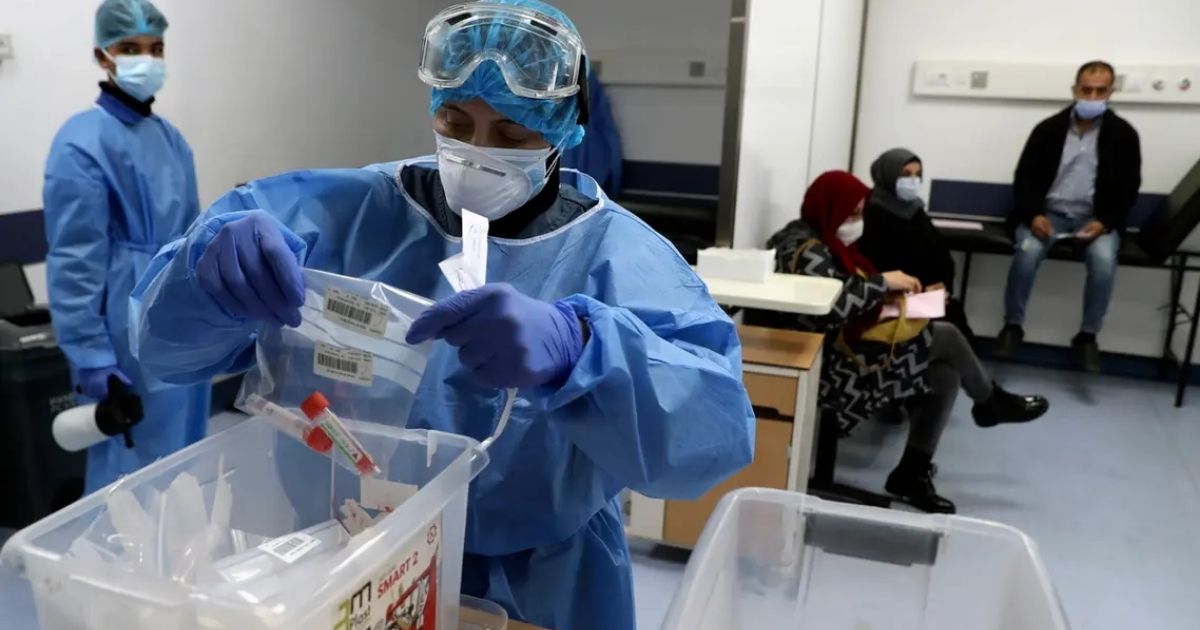Lebanon recorded 29 new infections of the Coronavirus on Wednesday, raising the toll to 333 cases since the declaration of the first case on February 21st.
Eight people have already recovered, four have passed away, and seven people suspected of having been infected with the virus are in quarantine, pending the results of the tests.
Out of the total cases, 4 are considered critical.
To date, 5,285 screening tests have been performed. According to the daily report from the Ministry of Public Health, the majority of the reported cases are spread over Beirut and Metn, each of these two regions having 51 reported cases.
Keserwan recorded 42 cases, followed by the Baabda Caza (30 cases) and Jbeil (24 cases).
So far, the virus has spread to a lesser extent in the other regions while no case has been recorded in Hermel, Zahleh, West Bekaa, Rachaya, Jezzine, Hasbaya, and Marjeyoun. The ministry has yet to determine the origin of 53 other cases.
Also according to this report:
- 57% of patients are men and 43% women.
- 22% are between 20 and 29 years old (representing the biggest group affected).
- 18% of patients are between 30 and 39 years old.
- 17% of them are between 40 and 49 years old.
- 13% between 50 and 59 years old.
- 10% of cases were recorded in people aged between 60 and 69 years, 7% in those aged between 70 and 79 years, 4% in those over 80 years.
- In 1% of cases, the patients were less than 10 years old.
- In 4% of the cases, they were between 10 and 19 years old.
The majority of patients are of Lebanese nationality (93%), the other cases having been reported in patients of Syrian, Egyptian, Ethiopian, Togolese, Sudanese, Saudi, Qatari, Dutch, Iraqi, Iranian, French, English, Bengali, and Austrian nationals.
In North Lebanon, and more specifically in its capital Tripoli, 7 cases were recorded prior to the army closing down the overcrowded Old Souks on Monday. Although fears of an explosion of cases in the region are very real.
The President of the Public Health Department in North Lebanon, Helmi Darwiche, told the L’Orient-Le-Jour that containment measures were observed in a large part of the city. “The souk was closed after an intervention by the police,” he adds.

We have a dedicated coronavirus section where you can find the latest news/updates about the pandemic in Lebanon, inform yourself with WHO-verified resources, and track the number of cases in Lebanon in real-time. Click here.
